On April 26th, MIT’s Physics Education Group (PEG) hosted the Spring 2025 meeting of the New England Section of the American Association of Physics Teachers (AAPT-NES). Around 25 participants gathered in our Technology-Enabled Active Learning (TEAL) room, 26-152, for discussions themed around Physics Demos and Labs.
The day began with two invited talks about lecture demonstrations. First was a deep dive into the definition, history, and role of demonstrations by Daniel Davis of Harvard’s Natural Sciences Lecture Demo group. This was followed by a discussion on the integration of concept questions and peer interaction to target misconceptions by Joshua Wolfe, manager of MIT’s lecture demonstration group, the Physics Instructional Resources Lab (PIRL).
Participants traveled to MIT’s Edgerton Center for two blocks of hands-on activities with the ability to stump even expert educators. There, MIT students Aliyah Villalva and Maria Cortez guided participants to explore the O-s No-s puzzler toy, an activity introduced in student-led global teaching partnerships under the guidance of Ed Moriarty. In parallel, Edgerton Center instructor Elizabeth Cavicchi led an open-ended block on piecing together observations from historical passages involving phenomena such as periods of pendula, pinhole image formation, and measurement of indices of refraction.
Posters were contributed on constructing photogate timers in the context of a product design electronics lab, coding of interviews on why instructors choose the lecture format or active learning, astronomy lab activities using js9, and methods of making prelab exercises.
Contributed talks included a literature review on how neurodiverse students learn, the development of a workshop on planning inclusive learning environments, an open-source astronomy lab manual, lab activities to develop intuition on right hand rules, and an RC circuit lab on modelling Alzheimers in neurons. Cavicchi also contributed a talk on observing a student’s development conceptual understanding of time using the Behr Free Fall spark recorder.
Sean Robinson, the senior manager of PEG and director of the Helena Foundation Junior Physics Laboratory, delivered an invited talk on the role of our advanced lab classes, 8.13 and 8.14. He presented on how department and institute learning goals led to a course focused on developing the expert practices of professional physicists.
The final talk of the day was delivered by Christopher Miller, a Technical Instructor in PIRL, on the design of three classes delivered at Splash, an annual learning weekend hosted by MIT’s Education Studies Program.
After 20 years away, we hope to regularly host the New England Section at MIT every few years.






